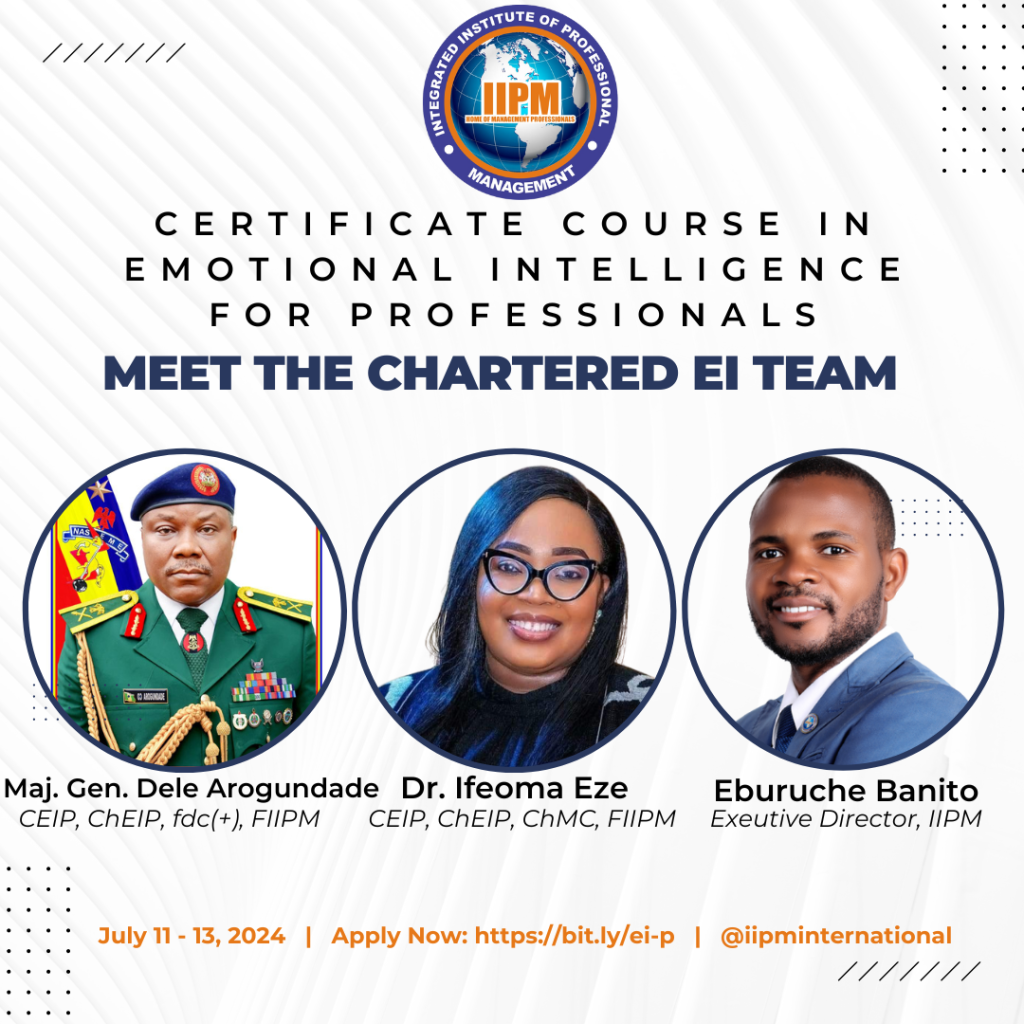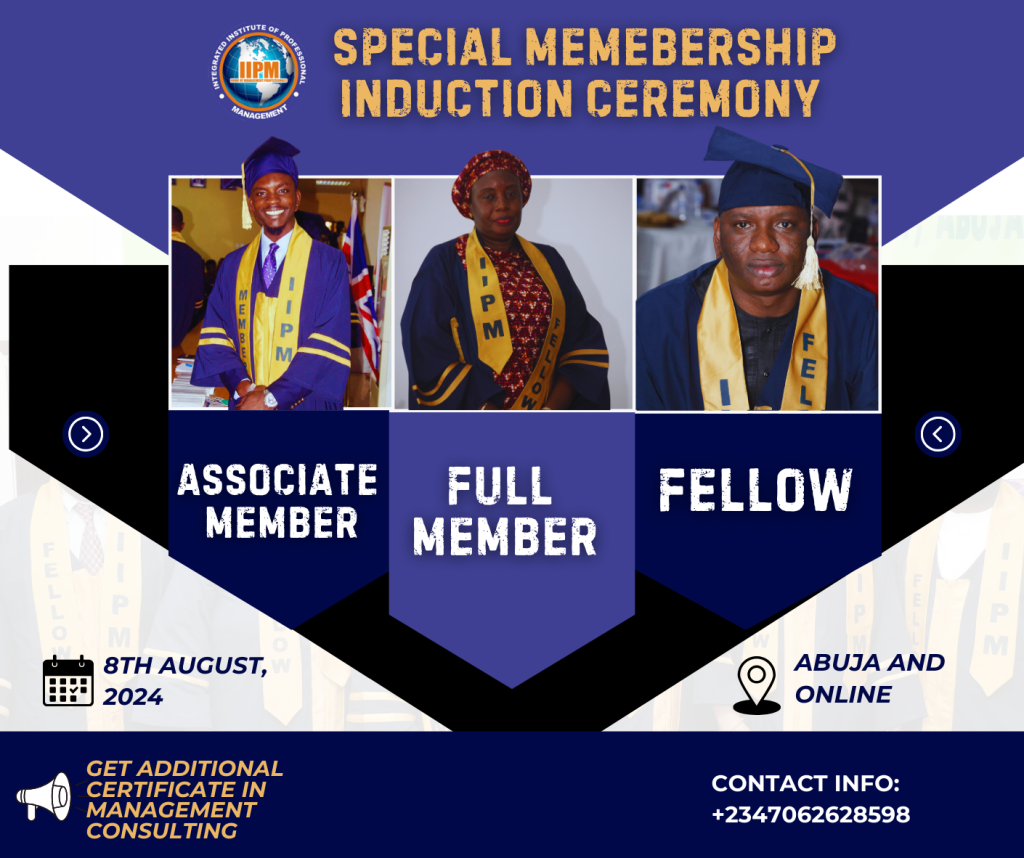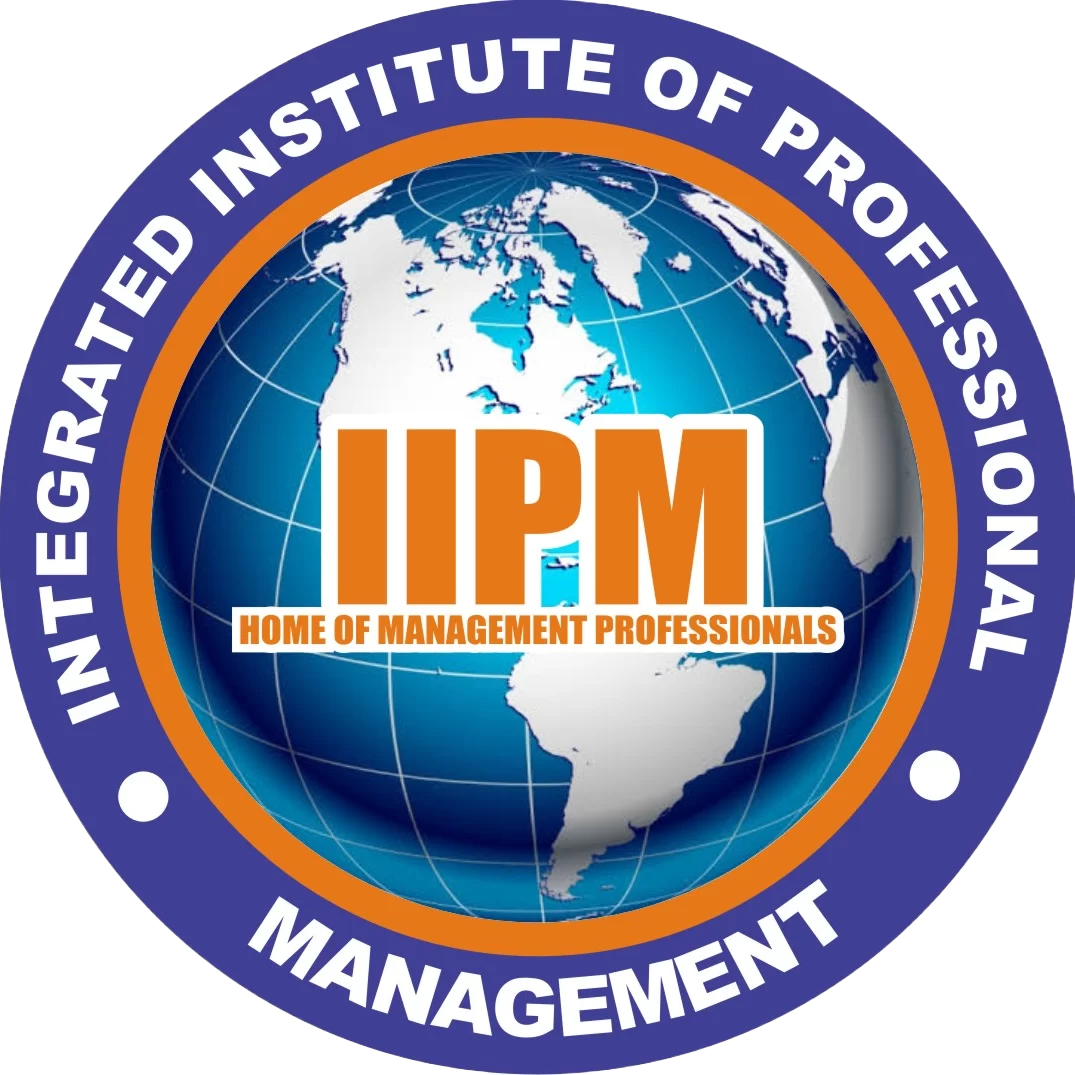
Introduction
In today’s fast-paced and dynamic business environment, the ability to manage and harness Emotional Intelligence (EI) has become a critical skill for leaders at all levels. From senior executives to team leaders, consultants, and professionals, understanding and applying emotional intelligence can significantly enhance team performance and leadership effectiveness. This article explores the profound impact of emotional intelligence on team dynamics and collaboration, offering practical tips for leaders to optimize EI within their teams.
The Importance of Emotional Intelligence in Teams and Leadership
Since Emotional Intelligence is the skills used to recognize, understand, and manage our own emotions as well as the emotions of others, it becomes an important tool in managing team dynamics through its five core components: self-awareness, self-regulation, motivation, empathy, and social skills. On the other hand, Team Dynamics gives a blend of behavioral relationships and interactions among team members that influence team performance and effectiveness. Team dynamics encompasses how individuals collaborate, communicate, and coordinate their efforts to achieve common goals. In this context, EI is crucial for fostering a positive work environment, enhancing communication, building trust, and improving team performance. Emotional Intelligence (EI) therefore, is pivotal in shaping team dynamics by strengthening interpersonal relationships, communication, and overall team cohesion.
“Did You Know that Emotional Intelligence has Become the Master Skill in the Workplace Today?”

IMPACT OF EMOTIONAL INTELLIGENCE ON TEAM DYNAMICS AND LEADERSHIP
Enhanced Communication
High emotional intelligence leads to better communication within teams and between leaders and their teams. Leaders who possess strong EI skills are adept at articulating their thoughts clearly, listening actively to others, reducing misunderstandings, and fostering effective interactions.
Increased Trust
Trust is the foundation of any successful team. Emotional intelligence helps build trust by promoting transparency and reliability. Leaders who demonstrate high EI are perceived as more approachable and trustworthy, creating a supportive and cohesive team environment. The trust given by the leaders is then reciprocated by the team through their loyalty.
Improved Conflict Resolution
Conflicts are inevitable in any team setting. However, teams with high emotional intelligence handle conflicts more effectively by being more tolerant and handling disagreements with a more pragmatic approach. Leaders with strong EI skills can mediate conflicts constructively, ensuring amicable resolutions and seeking win-win solutions rather than escalating tensions.
Higher Engagement and Motivation
Emotional intelligence plays a vital role in keeping team members engaged and motivated. Leaders who understand and manage their own emotions, as well as those of their team members, can create an inspiring and motivating work environment. This, in turn, leads to higher productivity and job satisfaction.
Empathy in Collaboration and Leadership
Empathy is essential for leaders to enjoy the loyalty of the team members. A team that has the perception that their Team Lead genuinely cares about their welfare and emotions will consciously or unconsciously give their loyalty to the team’s goal. Empathy helps in building strong relationships and enhancing teamwork.
Social Skills in Leadership
Social skills promote performance and healthy leadership by fostering collaboration. This skill helps to manage diversity, while inclusion and equality are solidified. With the application of these skills, leaders navigate social complexities, influence others positively, and manage relationships effectively.
Adaptability
Team and leaders with a good dosage of adaptability skills manage change, stress, and challenges better. They stay positive and adjust their strategies as needed. This adaptability is crucial for
Earn a Certificate in Emotional Intelligence Today and Standout.
Click here to register
CONCLUSION
Many organizations have successfully optimized performance and leadership through emotional intelligence. For instance, Google’s Project Aristotle found that teams with high EI skills were more effective and productive. Leaders at Google promote psychological safety, empathy, and open communication, which have contributed to their teams’ success.
A study by TalentSmartEQ found that 90% of top performers possess high emotional intelligence, highlighting the significant impact of EI on leadership and team performance. Companies like Johnson & Johnson have integrated EI into their leadership development programs, and this has resulted at improved leadership effectiveness and team performance.
Emotional intelligence is a powerful tool for optimizing team performance and leadership. By fostering self-awareness, open communication, empathy, conflict resolution, and continuous EI development, leaders can create high-performing teams that are adaptable, engaged, and motivated. As the business landscape continues to evolve, the importance of emotional intelligence in leadership and team dynamics cannot be overstated. Understanding and leveraging EI in team dynamics is essential for achieving organizational goals and maintaining a competitive advantage in today’s complex business environment.
Enjoy Special Membership Discount and Become an IIPM Professional Member Today. Click here for more>>>

- HOW TO USE EMOTIONAL INTELLIGENCE TO IMPROVE TEAM PERFORMANCE AND LEADERSHIP
- HOW TO USE EMOTIONAL INTELLIGENCE AS A VISIONARY LEADERS
- TWO SIDES OF THE SAME COIN: PROFESSIONAL BULLYING AND CYBERBULLYING
- ORGANIZATIONAL DEVELOPMENT OR ORGANIZATIONAL BEHAVIOR
- Understanding Corporate Image: Simple Tricks In Organizational Development
- CHARACTER COMPETENCE AND CAPABILITY AS A CORPORATE TOOL
- The impact of Artificial intelligence on job market dynamics.
- 15 Simple Tips To Continuous Flow of Inspiration
- Emotional Intelligence And It’s Role In the Nigerian Public Sector
- Simple Tips on Entrepreneurship for Retirees
- Simple Tips To Writing A Compelling Proposal
- Simple Tips On The Future Of Work.

Management Consultant and Trainer
Eburuche Banito is a multi-faceted professional with key competencies in management, business, entrepreneurship and leadership development. He is a high-performance management consultant, trainer and business strategist with unequaled leadership and communication skills. He has excellent skills and working experience in marketing, organizational design and development, behavior modeling, customer relations, strategic management, operations management, occupational health and safety, and executive leadership development. He specializes in helping businesses develop thriving business strategies and capacity development to meet up with the pace of change in the present-day economy while coaching and mentoring career persons and start-up entrepreneurs. He has worked in the FMCG, engineering, consulting and telecommunication industries. In a sentence, he is a high-performance consultant, value-driven trainer, prolific writer and transformational speaker. He is currently the Executive Director of the Integrated Institute of Professional Management.



